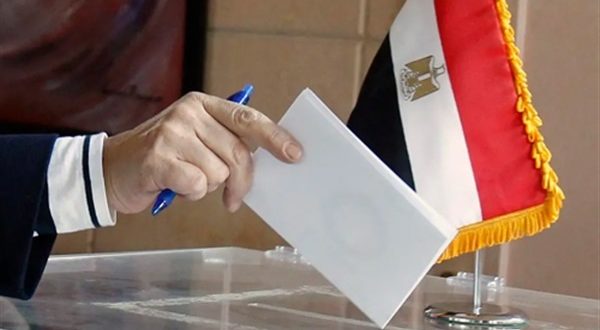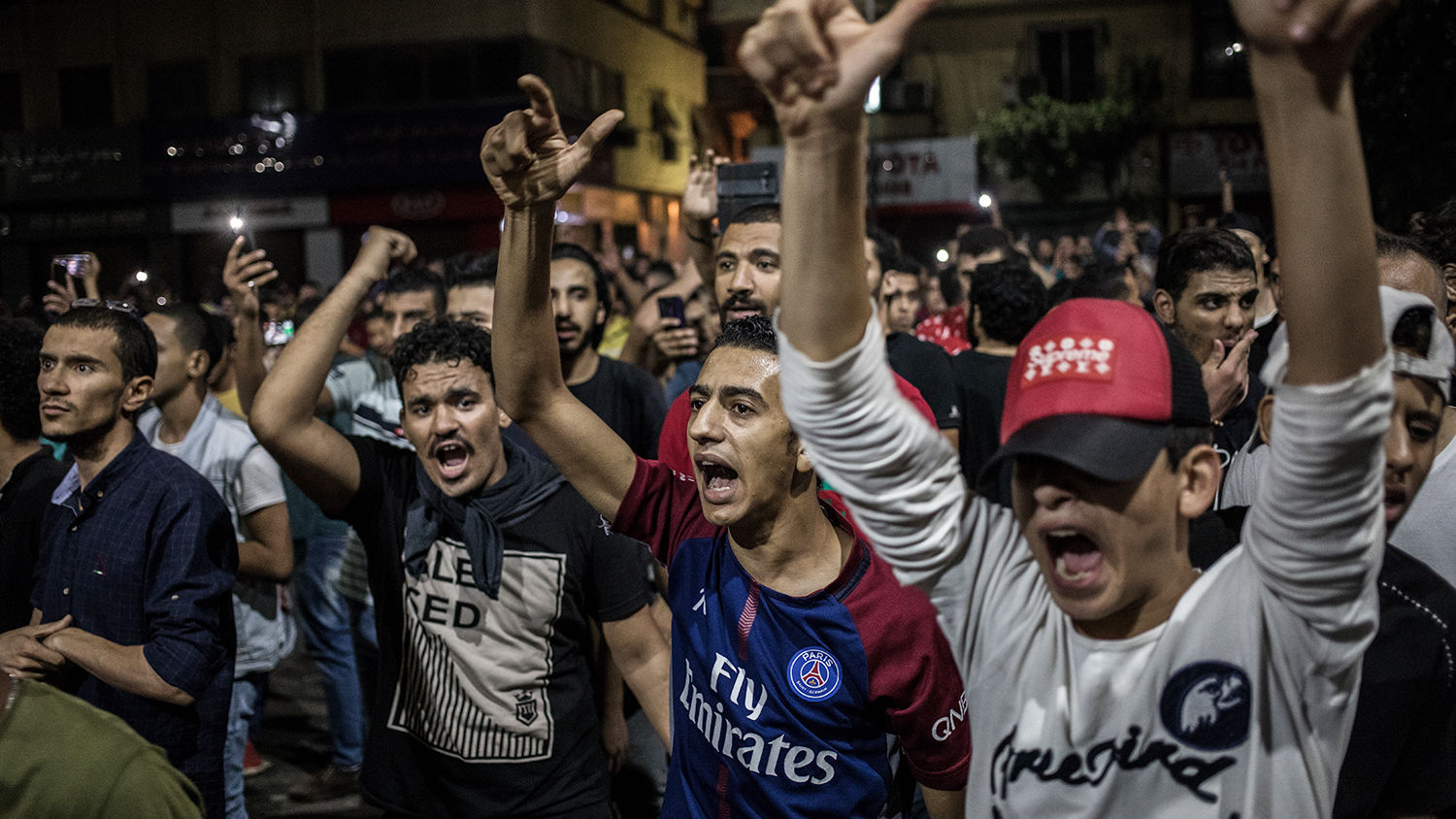Egyptian national newspapers have published the names of 762 candidates running for the elections for the senate, the second chamber of parliament, which was created after constitutional amendments last year. These candidates are competing for only 200 seats, 100 of which are allocated to individual candidates, and 100 of which are allocated to the candidates of the closed lists, while the president will appoint 100 members. The number of candidates indicates a great reluctance on the part of the Egyptians to run in elections that are considered pre-settled for the winners, like every other election the country has witnessed in recent years.
Observers say that the upcoming elections will be as the elections in the House of Representatives in 2015, which were settled in favour of the Mostaqbal Watan (Nation’s Future) Party, which is the entity considered by the observers as the party of General Abdel Fattah al-Sisi, although al-Sisi is not a member.
The Nation’s Future Party announced a unified electoral list after he signed an agreement with nearly 16 parties loyal to the Egyptian regime, to form an electoral coalition under the title “For Egypt,” to fill the 100 seats in the senate. According to the senate law, the senate is composed of 300 members, one-third of whom are elected by the individual system, the other third through “closed lists,” while the last third is appointed by the president.
According to media statements, the Nation’s Future Party will be allocated seats for its members ranging from 40 to 45 from the 100 list, to be chaired by the party leader Abdel Wahab Abdel Razek, who previously served as head of the Supreme Constitutional Court.
It is agreed that between 22 to 25 seats will be allocated to the parties of the Republican People, and another 10 for each of the delegation and protectors of the homeland, provided that the remaining parties represented on the list will receive a maximum of three seats for each of them. This list did not include the Al-Nour (the Light) Salafist Party, which did not announce its willingness to compete for the one-third senate seats of the lists. So, the competition for the list’s seats led by the Nation’s Future Party is highly likely to be limited to one list only, especially after Al-Nour announced that its candidates will run only for a number of the individual seats.
On the other hand, other parties announced the boycott of the elections, such as the Conservatives Party, which announced its decision after intransigence, harassment and obstruction, which a number of party candidates faced on the lists of East and West Delta (North), while presenting their candidacy papers and medical examination. The party, which has six seats in the House of Representatives said in a statement: “The party sensed that guarantees of holding fair elections are not available.”
As for the Free Egyptians Party, its high committee decided not to contest the elections, after differences with the Nation’s Future Party, over its share of the seats on the list. The Free Egyptians, which has 65 seats in the House of Representatives, rejected six seats allocated to it by Future of the Nation, saying it is a large party and the percentage allocated to it does not match its popularity in the Egyptian street.
For the same reason, the Reform and Development Party froze its membership in the civil movement and refused to participate in the For Egypt list, after only three seats were allocated to it on the list.
As for the leftist parties, they also decided not to participate in the elections, led by the al-Karama Stream (Dignity), and the Socialist Popular Alliance, which launched a sharp attack on the Egyptian authorities because of these elections. The Alliance said in a statement that the government has managed the senate elections on “the method of lightning wars and surprise attacks, which did not leave any opportunity for participation to non-promised candidates by the authorities to be a senate member.”
The alliance also confirmed that the senate is an artificial legislative excess to satisfy the regime men, and to give a decorative pluralistic nature: “Parliament is formed by a method near to a direct appointment.” He pointed out that the security services “insisted on holding elections with the absolute lists system inherited from authoritarian regimes and rejected the system of open, proportional lists, the most just in representing all spectrums of society, the most just in calculating votes, and the most consistent with the principle of pluralism and diversity and the text and spirit of article five of the constitution.”
The elections come in light of the continued arrest and imprisonment of activists, human rights lawyers, journalists, and media workers in the case known in the media as the Hope Alliance, a group that was aiming to form an electoral coalition named The Alliance of Hope to compete with the pro-government Nation’s Future Party.





Recent Comments